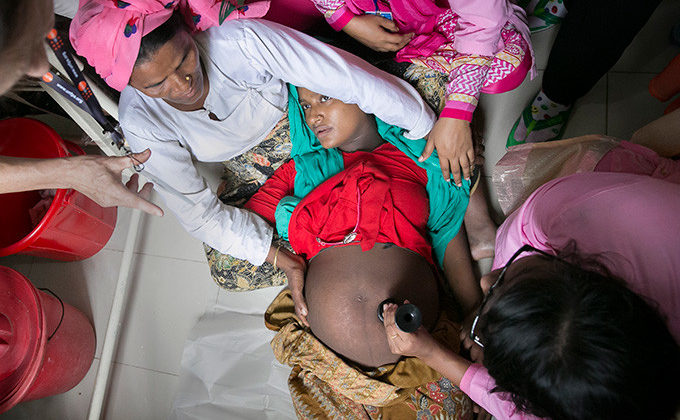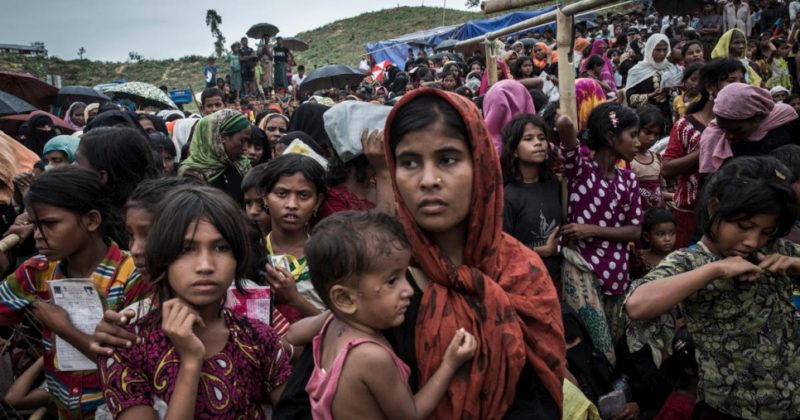
The Rohingya Displacement Crisis and Its Effect on Reproductive Health
Article by Kayla Chee It has been just over a year since the beginning of the Rohingya displacement crisis. Since August 2017, Rohingya Muslims living in the Rakhine State of Myanmar have endured the brutal and inhumane ethnic cleansing of their people at the hands of Myanmar security forces. Mass killings, sexual violence, arson, and other humanitarian crimes inflicted by the Rakhine State military have motivated many Rohingya Muslims to escape and seek refuge in neighboring countries. The United Nations estimates close to 900,000 Rohingya Muslims have fled out of Myanmar to nearby Bangladesh. Bangladesh, a lower-middle income country with existing problems of poor economic development, high population density, and limited access to healthcare, has little to offer the Rohingya Muslims living in these displacement camps of Cox’s Bazaar. The camps’ immense overcrowding and unstable hillside terrain prone to landslides and floods make living conditions dangerous with little access to basic needs. The culminating problems of food insecurity, unsafe shelter, poor water...

